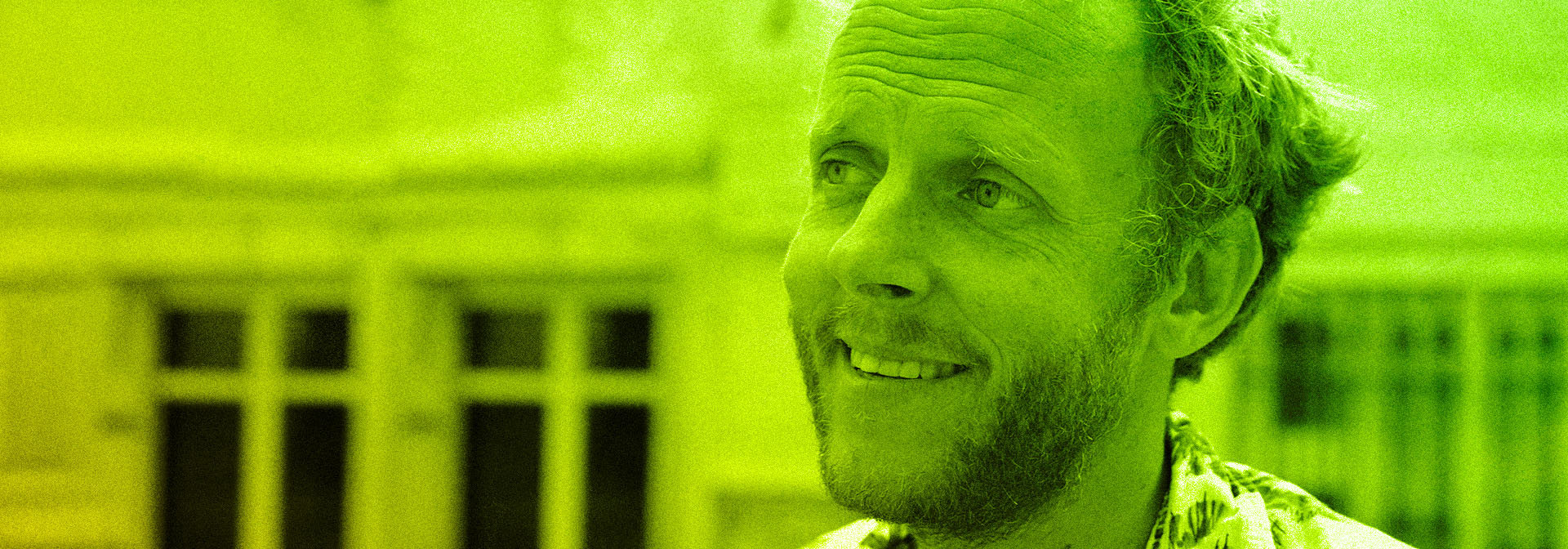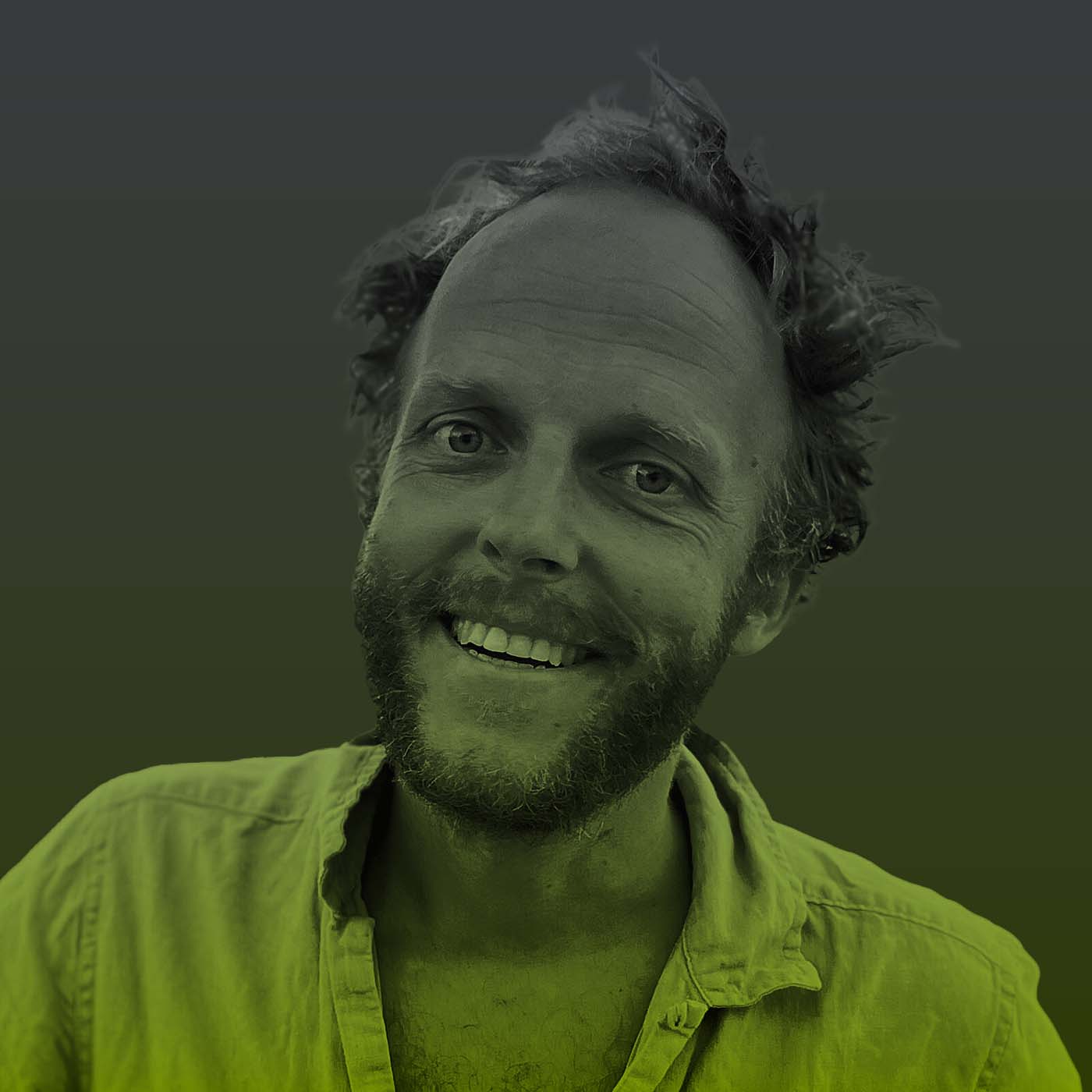
Michael Kaethler – Think outside of the market
2. Wannabe
WANNABE – Un podcast rivolto ai designer del futuro che esplora gli infiniti mondi del progetto attraverso l’esperienza dei suoi protagonisti.
di UNI.RSM DESIGN TALKS
a cura di Alessandro Renzi ed Emanuele Lumini
advisor Alessio Abdolahian
speaker Alessandro Renzi
Hello, my name is Michael Kaethler. I research things and experiment with things. I play with things. I move my body in space. I also teach there quite a lot, so that’s a good thing to remember. But I don’t see it necessarily as teaching but more as playing and moving.
I don’t define myself as a designer. No, I think it’d be like defining myself as a human. I would prefer to think of design as something quite intrinsic. It’s something we all do almost all the time. It’s not something for specialists or for adults or for a certain social class, but something we’re doing all the time by being human and working with materiality. And we are by being human. Also made of materiality. So we are constantly in the act of redesigning ourselves and redesigning our worlds and not just shaping it, but shaping it in a way that we want it to be.
And in the process, expressing ourselves through it.
My values for many years, I would say, and it sounds a little bit, perhaps a bit, but now it would be love. I don’t think you can know without love. I don’t think you can produce or create meaningful things without it either. And I would argue that the beginning, the first position we should take, it’s an ontological position.
It’s how we stand or how we are in the world should be a position of love. And so when we think of design, you know, design shouldn’t be coming out of the spirit of fixing something, but out of a desire to change something that that is rooted in and care that is rooted in otherness, not in the self, that is rooted in being attentive.
So giving attention to something.
Working in the sector of design is difficult because the sector of design is dominated by the market. And it’s very difficult for people to think of design outside of the market. And as soon as we can do that, we can liberate design as a practice, as a fundamental practice with values that are intrinsic that are human values.
So they’re intrinsic in making. They’re not values that are part of profit, that are not part of serving a specific function for a specific group. And so I think I always come up against that because essentially design has been for three century, three centuries tied to production and economy. My advice to anyone working in the design fields is that they need to develop a culture and a sense of autonomy, because too often designers look to institutions, whether that’s the educational or companies or cultures of production, instead of developing something for themselves.
And the problem is if we’re going to live in a world that’s defined by crises and these crises are being produced from past generations, we need to develop new ways, new ways of thinking, new ways of acting, new ways of producing. And we can’t do that unless we have autonomy. And so, yeah, I’m not against institutions per se.
We’re always producing institutions, but we need to be extremely critical, especially of the institutions that have produced these crises social, ecological, economic, health. And so it’s a critical take and a call. It’s a it’s a call for designers to take ownership over who they are and how they are in the world.
